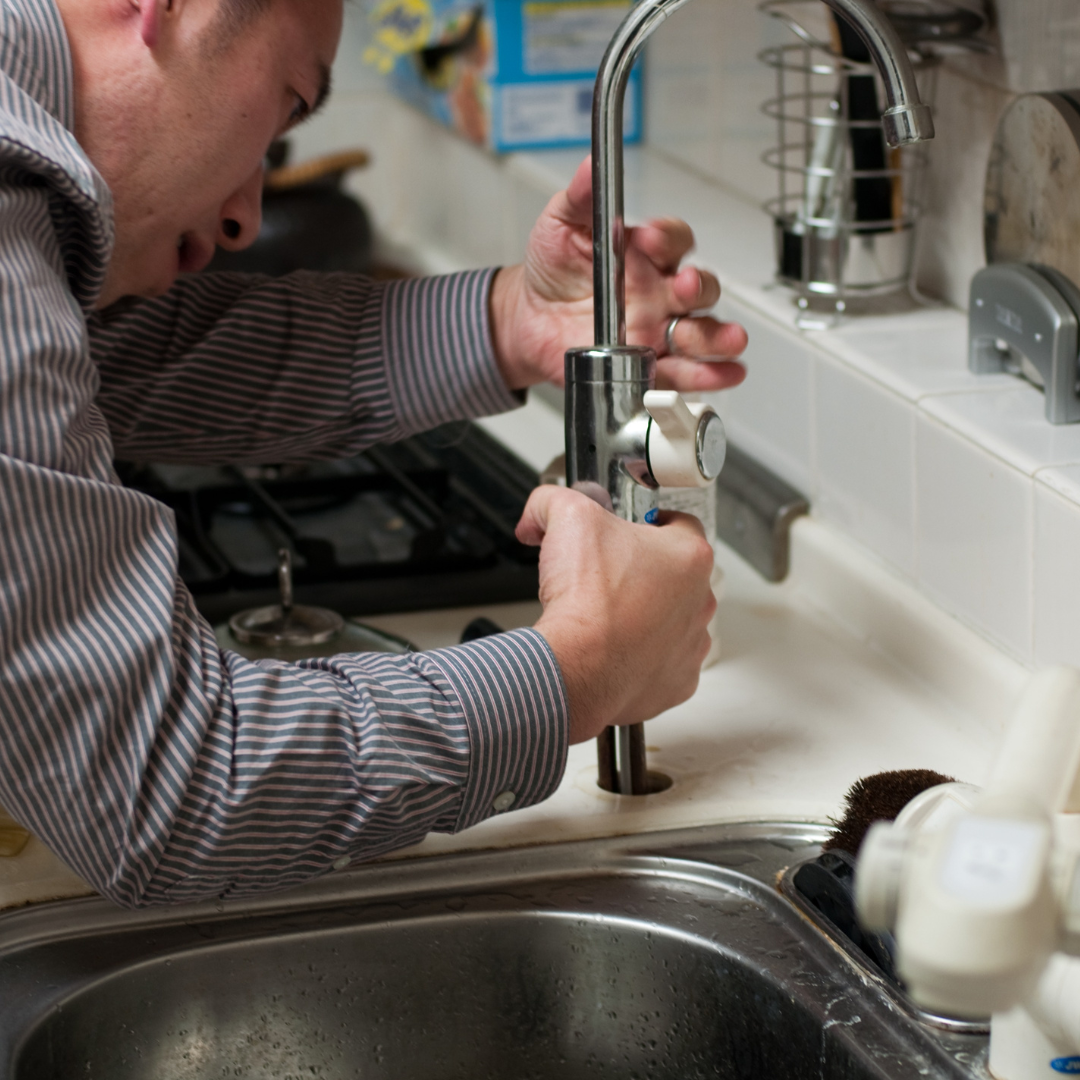If you’ve booked a leak detection service, you’re already taking an important step in protecting your home. Leaks, whether obvious or hidden, can cause significant damage if left untreated. A professional leak detection service helps identify problems early, saving you from costly repairs down the line.
After detecting where the leaks are, you can reach out to appropriate service providers, such as a plumber, HVAC experts, or professionals who offer residential sprinkler repair services. As such, regular inspection of the water system in your home by a qualified technician can help with its proper maintenance.
But before the technician arrives, there are a few things you can do to ensure the process runs smoothly. Let’s go through how you can prepare your home, make the technician’s job easier, and maximise the benefits of the service.
Why Preparing for a Leak Detection Visit Matters
Residential leak detection Auckland services rely on advanced tools and thorough inspections, but even the best technician can work more efficiently when the area is well-prepared. Taking some time to organise your space not only speeds up the process but also ensures the technician can access critical areas without hassle.
Preparation doesn’t require a lot of effort, but it does make a big difference in getting accurate results and minimising disruption.
Step-by-Step: Getting Your Home Ready
1. Clear Access to Key Areas
Leak detection specialists will likely need access to plumbing fixtures, water heaters, and any visible water lines. Common areas include under sinks, behind toilets, and near appliances like dishwashers or washing machines.
- Move items stored under sinks or around plumbing fixtures.
- If your water heater is in a storage closet, clear out any surrounding items.
- For outdoor leaks, ensure the technician has a clear path to hoses, sprinkler systems, or outdoor pipes.
Think of this as creating a clutter-free path to all the places where water might run.
2. Know Your Plumbing Layout
Even if you’re not a plumbing expert, it’s helpful to have a general idea of how water flows through your home. This doesn’t mean you need to memorise every pipe! Instead, locate key features like your main water shut-off valve and any secondary shut-offs for specific appliances.
If you’ve noticed signs of a potential leak, such as water stains or damp patches, jot these down. Mentioning these observations can help the technician target problem areas more quickly.
3. Turn Off Appliances, if Needed
Some leak detection tools work best when the water system is stable. Check with your service provider ahead of time to see if they recommend turning off appliances like washing machines or dishwashers before the visit.
If you’re unsure, having appliances off during the inspection is generally a good idea. It prevents interference and allows the technician to work more accurately.
4. Prepare Questions or Concerns
Have you been dealing with unexplained high water bills or noticing certain areas of your home that feel damp? Make a list of these concerns. Technicians appreciate as much context as possible to narrow down potential problem spots.
For example:
- Are there areas where you’ve seen water pooling?
- Is there a persistent musty smell in any room?
- Have you noticed unusual drops in water pressure?
Sharing these details could help uncover issues you might not have thought were related to leaks.
What to Expect During the Service
Modern water leak detection today often uses advanced methods like thermal imaging, acoustic sensors, or pressure tests. These tools help locate leaks without invasive measures, so you can usually avoid unnecessary damage to walls or floors.
Here’s what will typically happen:
- The technician will inspect accessible plumbing and fixtures.
- They’ll use specialised equipment to detect leaks in hidden or hard-to-reach areas.
- If a leak is found, they’ll provide you with a detailed report and recommend next steps.
While the process may take a couple of hours, being prepared ensures they can work efficiently and thoroughly.
Moreover, while focusing on internal plumbing, it’s equally important not to overlook potential entry points for water from the exterior, such as the roof. Roof flashing plays a critical role in directing water away from vulnerable areas like chimneys and vents, preventing leaks that could lead to extensive damage. Understanding the common types of roof flashing can help homeowners identify if their system is adequate or in need of repair. For instance, proper installation ensures a watertight seal, reducing the risk of moisture intrusion. By integrating roof maintenance into your leak detection routine, you can achieve a more holistic approach to home protection. This proactive step not only safeguards your property but also extends the lifespan of your roofing materials.
As you look into different ways of protecting your home from leaks, you might also come across questions like whether your current materials are still offering enough protection or what is EPDM roofing?. This type of material is often highlighted for its durability and resistance to water damage, making it a practical option for many homeowners. Exploring roofing solutions like this, alongside regular inspections, can give you extra peace of mind that your home is well protected. Taking the time to understand these choices not only helps prevent leaks but also supports the long-term health of your roof.
Additional Tips for a Smooth Experience
Secure Pets
If you have pets, keep them in a separate room or secure area during the service. This ensures the technician can work safely and without interruptions.
Be Available
While you don’t need to hover over the technician, staying nearby can be helpful if they have questions or need to check something with you.
Ask About Follow-Up Services
Many leak detection companies also offer repair services. If this is the case, you can save time by booking repairs immediately after the inspection if needed.
How Preparing Helps You Long-Term
Taking the time to prepare for a leak detection service isn’t just about making things easier for the technician. It’s about protecting your home and ensuring small issues don’t turn into major problems. Leaks are often hidden behind walls, under floors, or even outside in your garden, making them easy to overlook until the damage becomes severe.
By organising your space and sharing relevant information, you’re setting the stage for a thorough inspection. The better the inspection, the more peace of mind you’ll have knowing your home is leak-free—or that you’ve caught any issues early.
What Comes Next?
Once the inspection is complete, review the technician’s findings and ask questions about any recommendations they provide. Whether it’s a small repair or further testing, knowing your options empowers you to take the right steps for your home.
And don’t forget: scheduling routine leak detection services can be a great preventive measure. Catching leaks early saves money and protects your home from long-term damage.





Be the first to reply